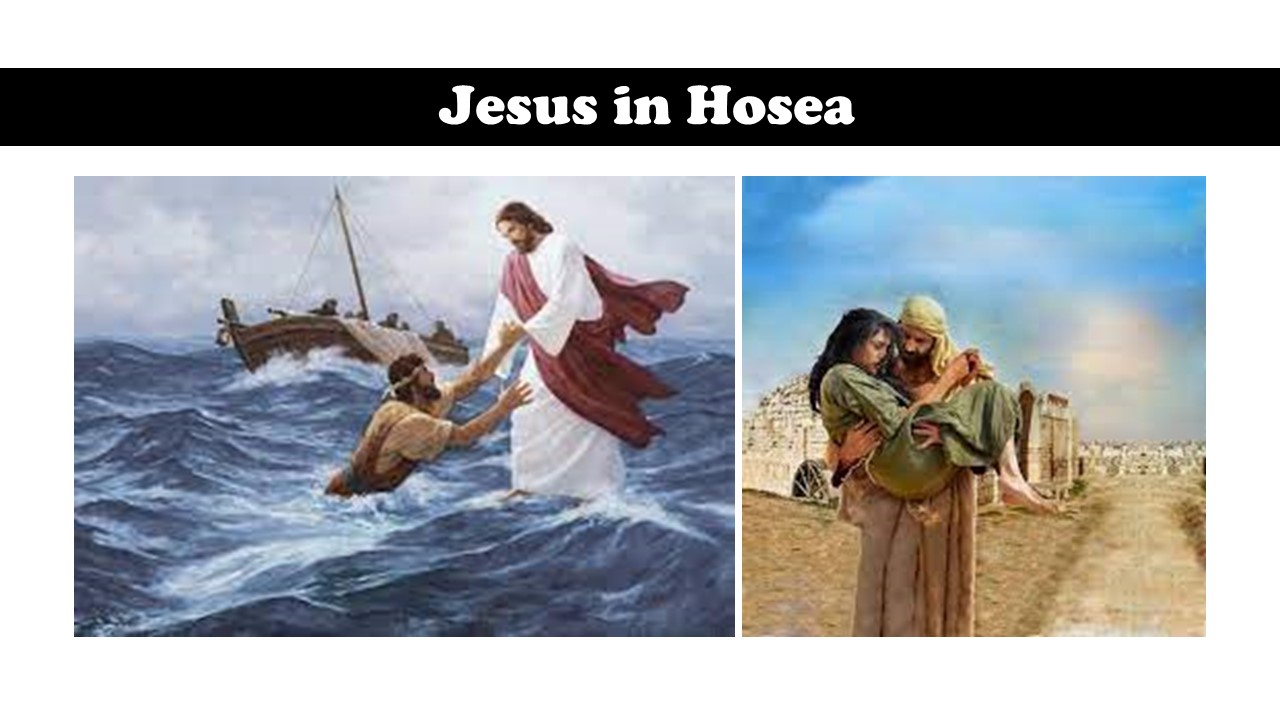Philemon was a first-century Christian and a slave owner who also hosted a church in his home, most likely in Colossae. The apostle Paul had led Philemon to faith on one of his visits to Asia Minor. The book of Philemon is a personal letter from the apostle Paul to his friend Philemon whom he calls a “dear friend and fellow worker” (Philemon 1:1).
In the letter, Paul appeals to his friend on behalf of a runaway slave named Onesimus. Onesimus had somehow connected with Paul, who was imprisoned in Rome. Onesimus became a believer, but, because he was considered the property of Philemon, Paul sent him back to his owner with a letter.
The letter draws a beautiful distinction between the law and grace. It is a template for how those in authority ought to treat those in their charge. It reminds us that God has a personal interest in each of us. And it raises questions for us about forgiveness.
Scriptures referenced in this episode include the entire book of Philemon and Ephesians 3:1; Colossians 4:1, 18; Philippians 1:12–14; and Acts 23:11.

In Ezekiel 37, God breathes life into a valley of dry bones, symbolizing His power to restore even the most desolate. The bones represent...

Today we wrap up our brief study of the book of Hosea. This book, with its themes of unfaithful love, judgment, and the promise...

In Episode 3 of our Christmas Special, “The Innkeeper’s Wife,” the inn's common room becomes a vibrant forum for theological debate, sparked by merchant...